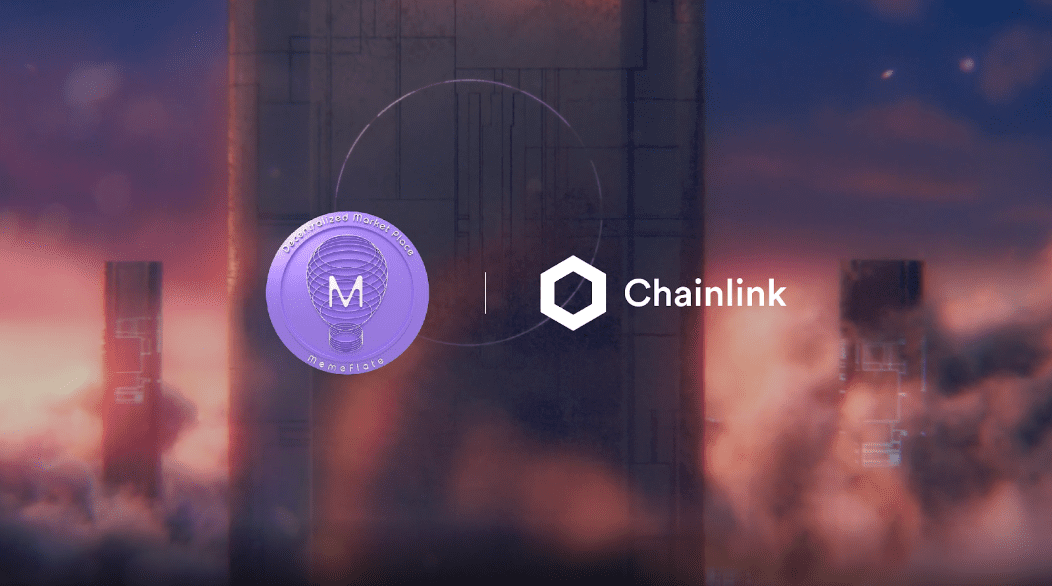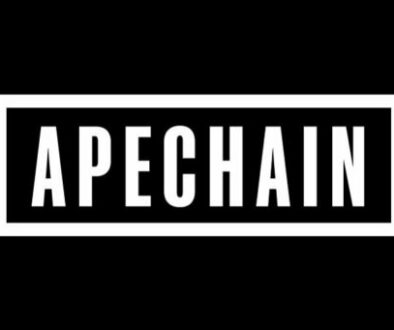MemeFlate Integrates Chainlink Into Their NFT and Gaming Marketplaces
Crypto and fiat marketplace, MemeFlate, has just announced their integration of several Chainlink services to securely level up their automation and randomization functionalities. The company said that it chose to integrate Chainlink for its decentralized execution, enhanced security, increased efficiency and reduced cost.
Chainlink is the largest decentralized oracle network in the world, and secures tens of billions of dollars in smart contracts. It’s often used in NFT projects for verifiably random NFT minting, and to help with the creation of dynamic NFTs.
MemeFlate integrated two Chainlink services: Chainlink Verifiable Random Function (VRF) to help select winners in their daily raffle, and Chainlink Keepers to help automate rewards claiming functions. The team has said that expanded integrations are in progress for both services.
Here’s the breakdown of how Chainlink services are being implemented:
- Chainlink Keepers have been integrated into MemeFlate’s Dirtlife NFTs, which allows for the automation of claiming and receiving their upcoming DirtLifeTM rewards.
- Chainlink Keepers will be used in MFT v2 staking to help automate rewards claiming.
- MemeFlate is currently using Chainlink VRF v1 to help select winners in their daily raffle with verifiable randomness.
- They have a raffle game slated for launch by the end of May that will incorporate Chainlink VRF v2 for verifiable randomness. The team claims that in the future, all games on their platform will use VRF v2, helping make their games fairer.
VRF v2 was launched by Chainlink in February to increase scalability and reduce gas fees, and the service has become an industry standard in NFT and gaming aspects of the blockchain space.
Chainlink Keepers was released in August of last year during the Chainlink SmartCon event, and enables decentralized smart contract automation run by DevOps teams.
Keepers are purpose-built to manage tasks on behalf of smart contracts, and trigger them when they need to perform critical on-chain functions like executing at regular time intervals, executing based on external events like a digital asset hitting a specific price, or according to other predefined conditions.



